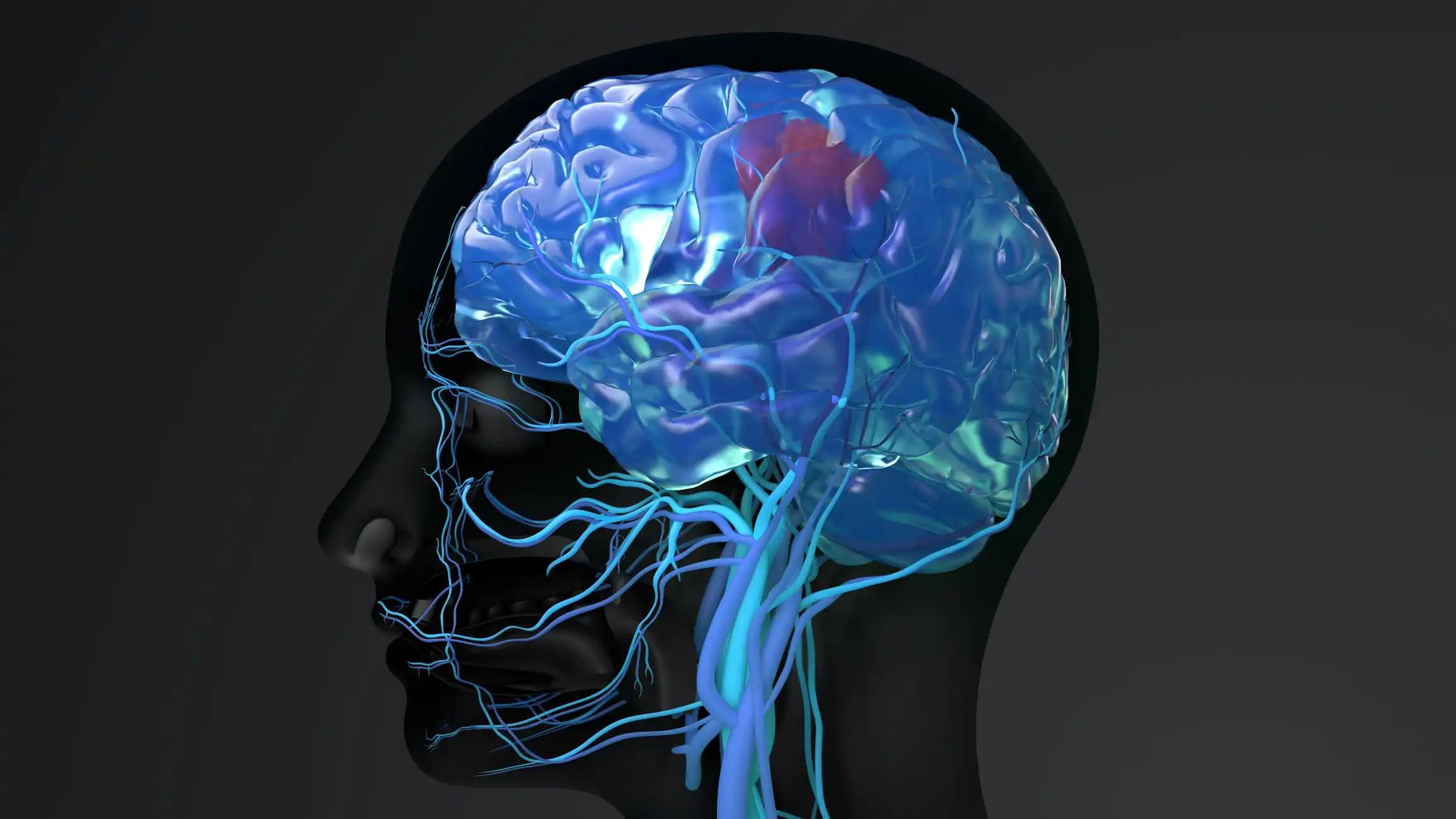KEY TAKEAWAYS
- The study aimed to investigate the anticancer effects of intraperitoneally administered D-allose in vivo models of HNC cell lines.
- Researchers noticed systemic D-allose shows promising antitumor effects; further investigation is ongoing.
Yasushi Samukawa and the team aimed to investigate the potential anticancer effects of intraperitoneally administered D-allose in vivo models of head and neck cancer (HNC) cell lines.
They performed an inclusive analysis to assess the direct effects of D-allose, examining its dynamics in blood and tumor tissues.
About 10 minutes after its intraperitoneal administration, D-allose was detected in blood and tumor tissues, gradually decreasing thereafter. In vivo experiments demonstrated enhanced efficacy when radiation was combined with D-allose compared to either treatment alone. Over-expression of thioredoxin-interacting protein (TXNIP) mRNA was observed following D-allose addition in both in vitro and in vivo experiments.
D-allose inhibited cell growth, accompanied by reductions in glycolysis and intracellular ATP levels and sustained activation of AMPK. Early administration of D-allose led to phosphorylation of p38-MAPK, followed by AMPK activation and up-regulated TXNIP expression in both in vitro and in vivo experiments.
The study concluded that systemically administered D-allose demonstrates potential antitumor effects. Further investigations are required to determine the optimal dosage and timing of its administration and its potential synergies with other metabolic agents.
No funding information was provided.
Source: https://pubmed.ncbi.nlm.nih.gov/38677730/
Samukawa Y, Ouchi Y, Miyashita T, et al. (2024). “Systemically Administered D-allose Inhibits the Tumor Energy Pathway and Exerts Synergistic Effects With Radiation.” Anticancer Res. 2024 May;44(5):1895-1903. doi: 10.21873/anticanres.16991. PMID: 38677730.



